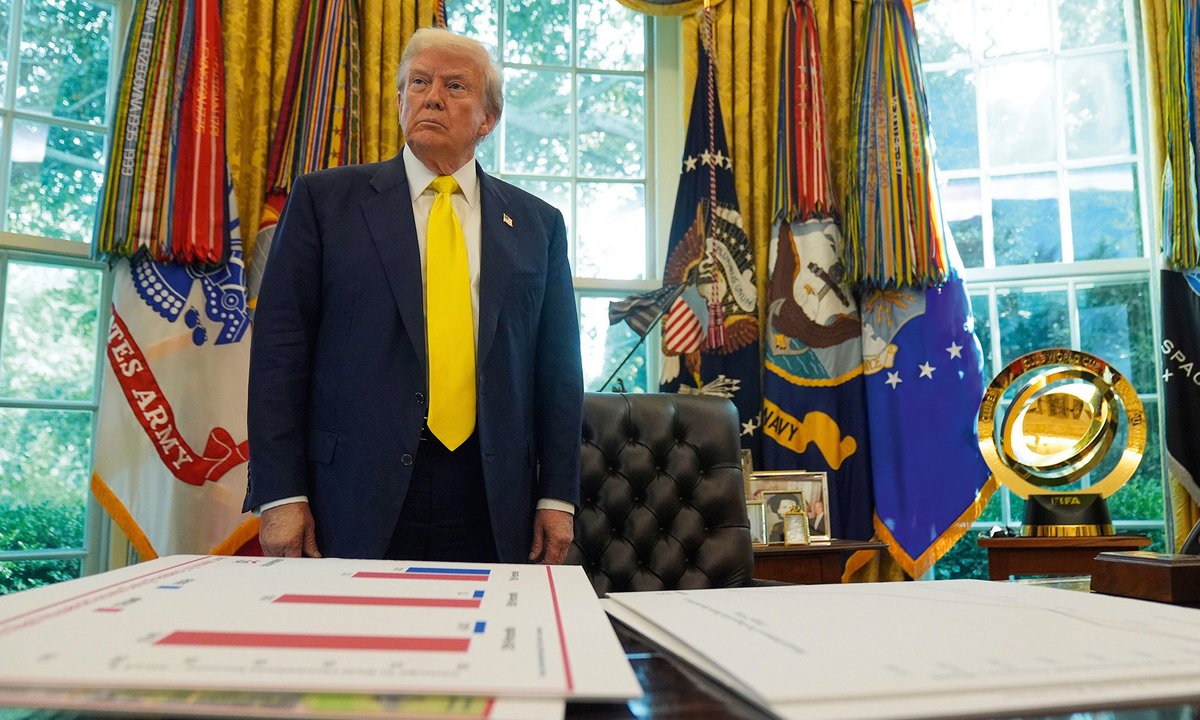
"They may also be aware that Adam Smith's The Wealth of Nations (1776) laid the theoretical foundations for that shift toward free trade. Fewer-unless they are studying economics-are likely to be familiar with David Ricardo's Principles of Political Economy and Taxation (1817), which provided a more formal theory of comparative advantage that has stood the test of time as a model for understanding the benefits of international trade."
"All this provides cause for concern in the wake of US President Donald Trump's new global tariffs, announced in August, which raise import taxes on goods to their highest level since 1933, according to Yale University's Budget Lab. As the world's largest economy, the US consumes roughly one-third of global goods and services, making such policy shifts significant for all. This includes the art trade; the US has been the world's largest art market since at least the Second World War."
Vilfredo Pareto described protectionism's allure as promising gains for all without costs. The repeal of the 1815 Corn Laws in 1846 under Robert Peel marked a decisive shift toward free trade. Adam Smith's The Wealth of Nations established theoretical foundations for free trade, and David Ricardo's Principles of Political Economy and Taxation formalized comparative advantage. Over two centuries global population rose fivefold and per capita income increased more than eightfold, illustrating trade's role in enrichment. Recent US tariffs announced in August raise import taxes to their highest since 1933, threatening trade contraction, higher prices, and possible job losses, with implications for the US-dominated art market.
Read at The Art Newspaper - International art news and events
Unable to calculate read time
Collection
[
|
...
]